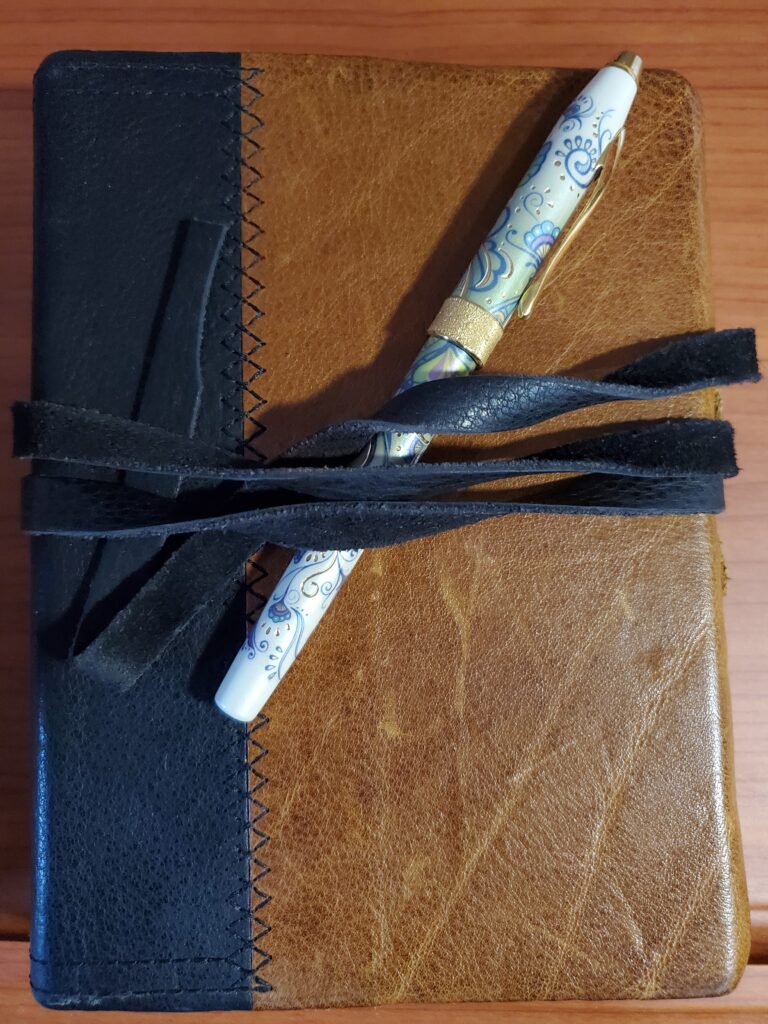Got the South Dakota-Michigan game on, have to cheer for the ladies from Vermillion, who are leading at half. Turns out the game is here in town! Had I known that in advance, I’d be down in the arena tonight. Instead I’m at my little motel desk, one eye on the game, the other on the computer screen. I may go out for a bite to eat and a celebratory bourbon in a little while, but I have plenty of work to occupy me here, too.
The meeting of the Kansas Association of Historians wound up well today. We were well hosted by the folks at Newman, and the organization has good leadership. I made the acquaintances and connections I hoped for here, and also presented my paper on “The Stern Old Bachelor” today. Not a large audience, but an appreciative one, and I think the paper went over well. Because of its subject, I’ve met a couple of folkies here, one of them being Tom James, from here in Wichita. Finding that I research the history of folksongs, he made mention of one of his favorites, “Rivers of Texas,” with which I was unfamiliar. I said I’d see what I could find out about it.
I just did a little checking. Here’s what I have on “Rivers of Texas”: https://docs.google.com/document/d/1iYs2yHji8goj08uuXOXOBafrMvIAnMG18mv_FfUPDv0/edit?usp=sharing
I like the 1956 version here. I haven’t gotten to the bottom of the song’s origins, but then, nobody else has, either. We’ll see what turns up. I like the song.

